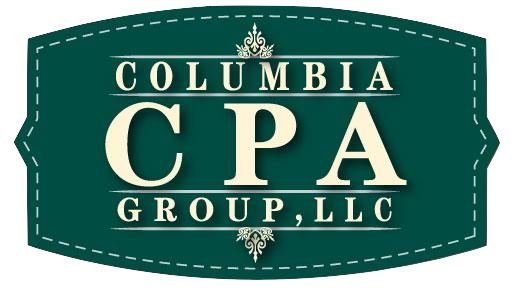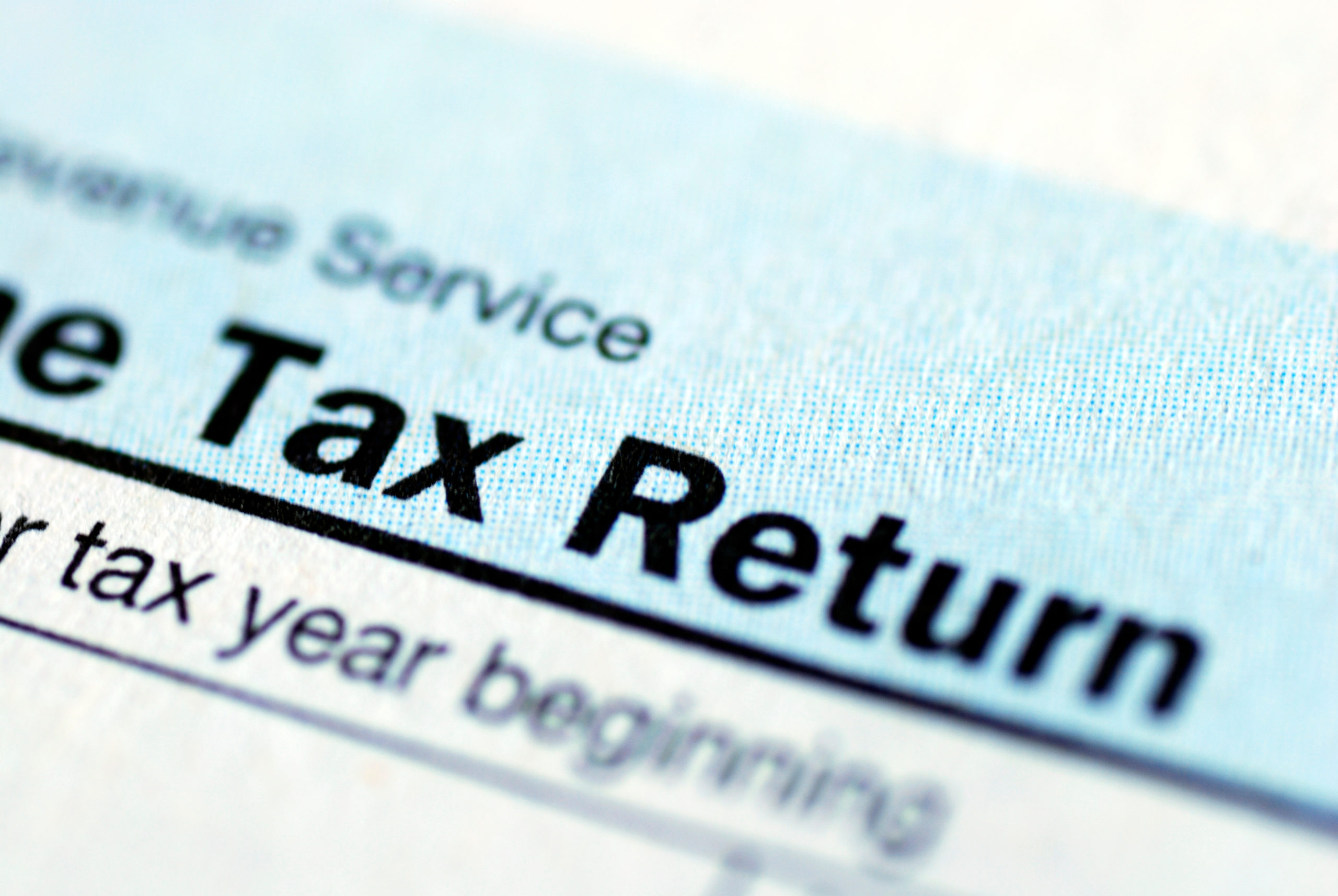
Appeared in the Columbia Daily Tribune on 3/16/19
In this article, we will look at IRS audits and how to become “audit-proof.” The most important key in becoming “audit-proof” is documentation. First, let me address the term “audit-proof.” It is a term CPAs have used for many years. It is impossible to guaranty you won’t be audited by the IRS. To keep the fear of the Lord in people, every tax return filed with the IRS in any given year has the possibility of being audited.
That said, the IRS uses statistical algorithms to try and identify tax returns that have a high probability of under-reporting a significant amount of tax. The IRS also knows that the higher the taxable income on a return, the greater the payoff for the Service when they find an error. Accordingly, if an auditor finds a dubious deduction for $1,000 and disallows it, the amount of tax owed to the IRS depends on the taxpayer’s tax bracket. For someone in the 12% bracket, a $1,000 adjustment will cost them $120 (assuming the income was not subject to self-employment tax). But, someone in the 35% bracket will owe an additional $350 in tax.
Consequently, it is no surprise that the percentage of tax returns that get audited increase exponentially as a person’s AGI (adjusted gross income) goes up. Since the average IRS auditor brings in many times their salary in additional taxes, penalties and interest, they try to avoid “No-Change” audits. No-Change audits don’t bring any more money into the IRS coffers, but they do reinforce the fear that anyone can be audited.
Now that I think about it, there is a way not to be audited, but it would involve living off the grid. It is a scenario depicted by sci-fi movies where the lowest levels of society survive using barter and black-market currencies. If you own a home, a car, a cell phone, or a 401K, sorry you can’t live off the grid. You must file a tax return and face the possibility of an IRS audit.
Audit-proof means living without fear of an IRS audit because you have intentionally and painstakingly documented all your deductions every year. The IRS forces you to be an unpaid bookkeeper because you must prove you deserve each deduction you claim. But many people think their peace of mind is worth a little extra effort.
As mentioned above, documentation if the key to becoming audit-proof. Thankfully, technology has made it more convenient to document business transactions. Instead of developing an elaborate system to record and keep paper receipts, the apps for cell phones are amazing. People take pictures of receipts and save them automatically, then dispose of the paper receipt. One client on mine uses a free app to track her business miles. Because a GPS is in her cell phone, it easily tracks her mileage and can produce a report at the end of the year. Her only bother is to remember to turn on her app as she gets in her car for business.
There are four types of IRS audit:
1. Correspondence audit
2. Office audit
3. Field audit
4. Compliance audit
The correspondence audit is the most common. Basically, the IRS is concerned about a particular aspect of your tax return. Typically, you will receive a 566 Letter or a CP2000 Notice. If the IRS computers can’t match the numbers on your tax return with the number received by a host of payers, they assume their numbers are correct and assess additional taxes via Notice CP2000.
In many ways a correspondence audit is a fishing trip. I see many of these each year. Most of them are wrong but wasting your time and mine is not their concern. For the price of postage, the IRS assesses additional tax. Historically, a certain number of people will pay the tax (whether they actually owe it or not) just to get the IRS off their back. Taxpayers need to respond within 30 days if they disagree.
Whatever you do, do NOT ignore this notice/letter from the IRS. If you don’t respond, they assume their numbers are correct and that the only reason you didn’t pay what they “suggested” is because you didn’t have the money, or you didn’t want to pay them. At some point, your case will be turned over to the Collections Division.
A correspondence audit is the only one you might attempt to respond without the legal or tax advice of an expert! Most of the time, they simply require verification of one number on your tax return. Your charitable contributions may be much higher than the average based on AGI. You could respond with a handwritten letter and copies of all your receipts for your charitable contributions for the year.
Warning: make sure you document your response! I would recommend sending the letter certified, return receipt requested or by Priority Mail with a tracking number. If your response gets lost in the mail or lost in the IRS mailroom, the fault comes back to you and it is as if you never responded. Remember, the importance of documentation.
Aric Schreiner, CPA, PFS, is managing member and founder of Columbia CPA Group, LLC




